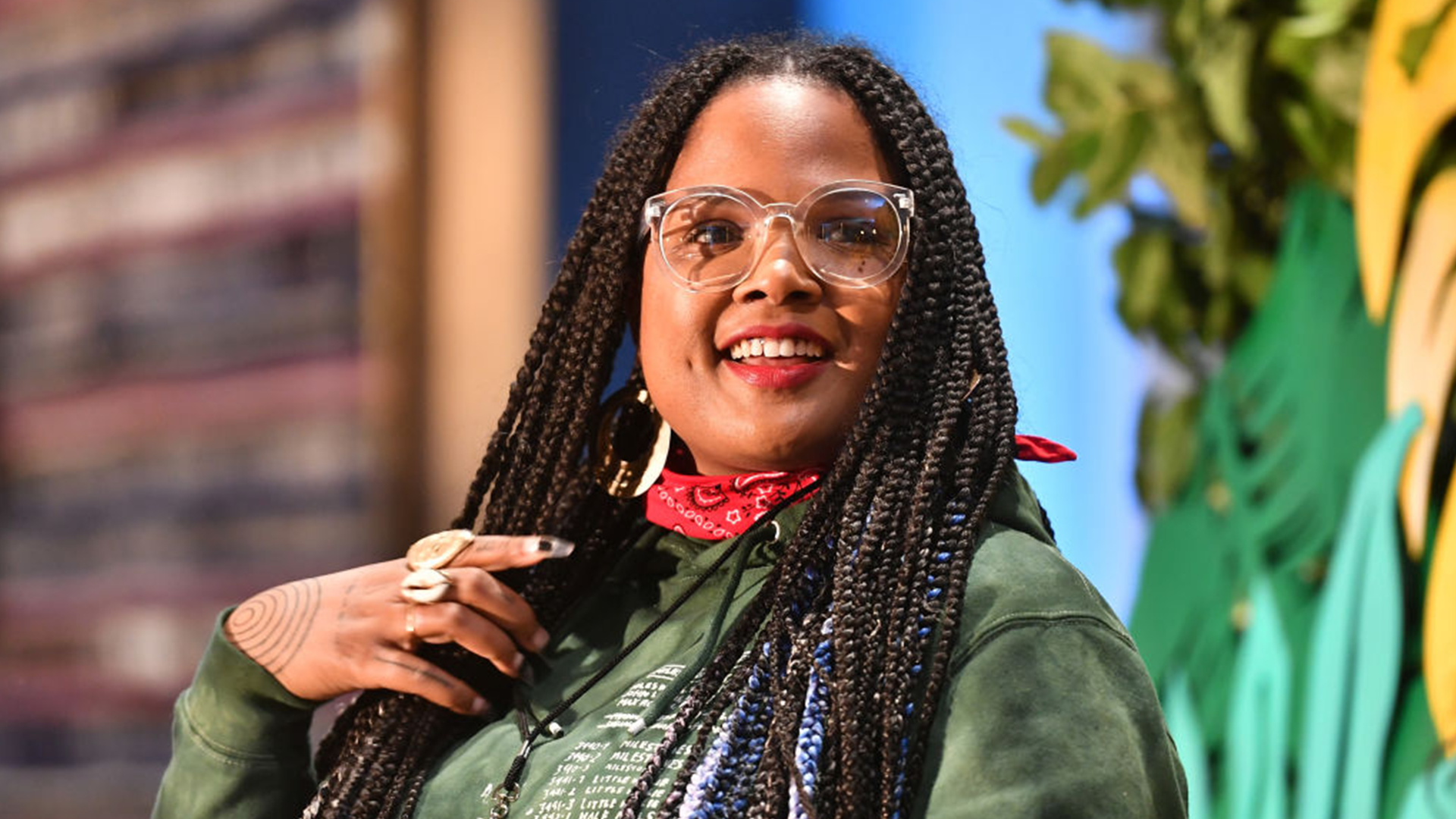Dixon is the co-founder, CEO, and chief innovation officer of The Honey Pot Company, which is a plant-based feminine-care company that sells washes, wipes, and pads. As AFROTECH™ previously told you, she experienced chronic vaginal issues, which prompted her to create a vulva-safe formula that she grew into a business in 2014 with the support of a $21,000 loan. The company scaled to more than 33,000 stores across the nation, including retailers like Target, Walmart, CVS, and Walgreens.
In January 2024, the company was acquired by Compass Diversified in a deal valued at $380 million. Dixon maintains a significant minority stake in the business.
Part of The Honey Pot Company’s success can be attributed to its strong presence in retail stores. However, there is a shift among consumers to be more strategic about where they spend their dollars as major retailers, including Target and Walmart, axe their diversity, equity, and inclusion (DEI) goals to align with conservative agendas. This decision will impact the business owners on shelves and has also brought attention to the importance of ownership so that businesses can thrive on their own terms. Danielle Coke Balfour is one entrepreneur who removed her Oh Happy Dani branded products from Target shelves, which has resulted in her online store gaining traction and selling out products.
While Dixon recognizes the value of selling directly to consumers through a personal online storefront, she also views it as just one pathway, not an end-all, be-all.
“We have to realize as consumers that buy products off of shelves, Target, they’re a machine. They are kind of the mother retailer, and then the sisters and brothers are on the shelves. In order for Target to be what it is, it cannot survive without brands. Brands cannot survive without human beings consuming our products. It just doesn’t work that way. We all need each other. The goal needs to be getting out of the support phase, but every single business has to go through the support phase before they get to the next one,” she mentioned.


